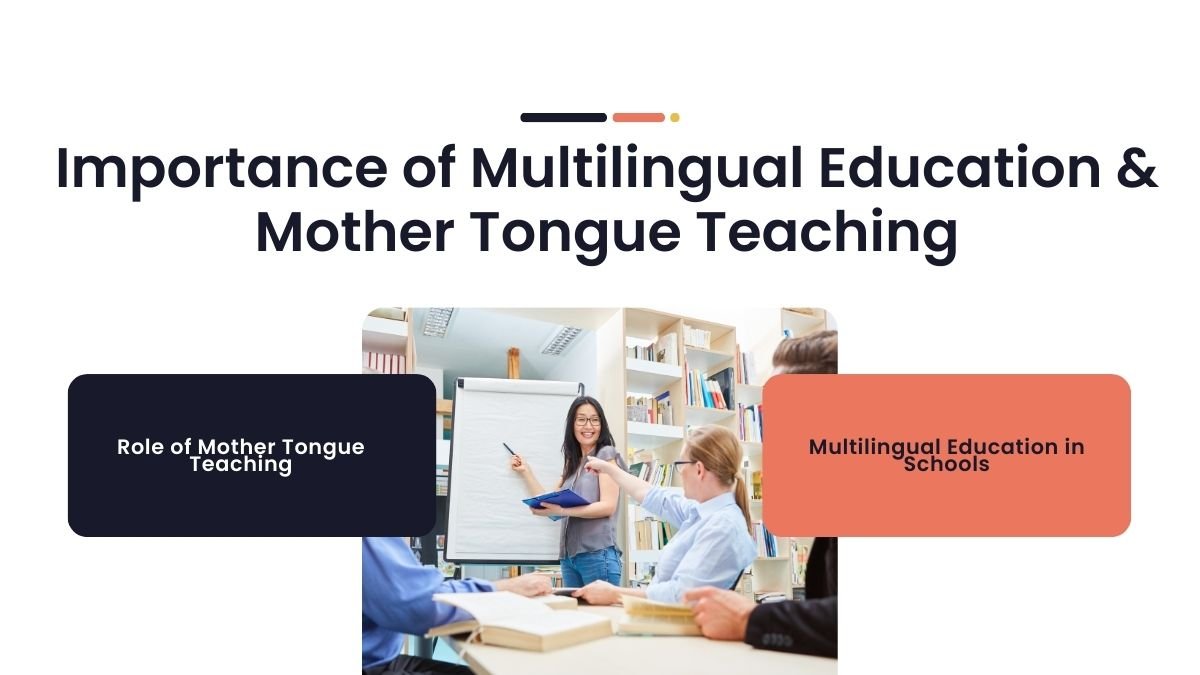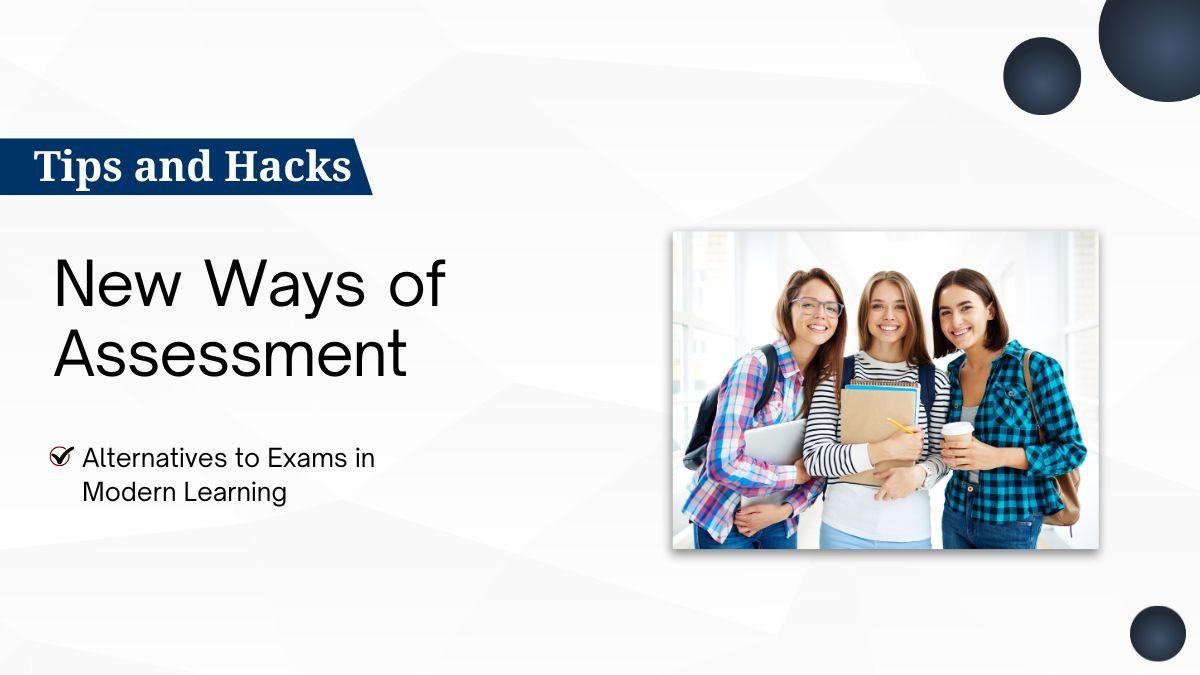Importance of Multilingual Education for B.Ed Students
In today’s increasingly multilingual and multicultural world, multilingual education has become crucial. Starting education in a student’s mother tongue enhances learning experiences, promotes inclusion, and supports holistic development. Language is not merely a communication tool; it is central to thinking, understanding, and personality development. B.Ed students must recognize the importance of early education in the mother tongue for cognitive, social, cultural, and personal growth.
1. Cognitive and Academic Advantages
a) Development of Reasoning Capacity
Mother tongue education strengthens memorization, attention, logical thinking, problem-solving, and creativity. Learning in one’s native language allows a deeper and faster understanding of advanced concepts.
Example: Solving math problems with instructions in the student’s mother tongue results in better comprehension and faster problem-solving.
b) Increase in Academic Performance
Students learning in their mother tongue tend to perform better across subjects. It provides a strong foundation for learning new concepts.
Example: Explaining scientific terminology in the mother tongue improves confidence and retention.
c) Enhanced Language Awareness
Bilingual education increases awareness of language structure, grammar, and usage, giving students a better understanding of communication.
2. Social and Cultural Benefits
a) Strengthens Cultural Identity
Education in the mother tongue connects students to their cultural heritage, boosting self-esteem, motivation, and emotional balance.
Example: Learning local folktales and songs helps preserve cultural roots.
b) Promotes Social Integration
Mother tongue education makes learning accessible for minority communities, including tribal and migrant students, increasing enrollment and reducing dropout rates.
c) Develops Empathy and Cultural Awareness
Multilingual education exposes students to multiple languages and cultures, fostering empathy, tolerance, and appreciation of diversity.
Example: Collaborative projects with students from different linguistic backgrounds encourage cultural understanding.
3. Psycho-Social and Future Benefits
a) Confidence and Participation
Students educated in their mother tongue participate more comfortably in class, increasing enthusiasm and interest in learning.
b) Improved Communication Skills
Multilingual education enhances vocabulary and language proficiency, enabling effective communication in multiple languages.
Example: Presenting a project in both Hindi and English builds confidence in both languages.
c) Expanded Career Opportunities
Being multilingual gives students an advantage in the global job market and allows participation in international collaborations and projects.
4. Global Impact
a) Supporting Sustainable Development Goals (SDGs)
Multilingual education promotes inclusive education, especially in regions affected by conflict or instability, ensuring all children have access to learning.
b) Promotes Peace and Human Dignity
Teaching multiple languages and cultures fosters respect, cooperation, and tolerance.
Example: Cultural fairs and multilingual projects at schools promote understanding and peaceful coexistence.
5. Practical Tips for B.Ed Students
- Start with Mother Tongue: Prioritize early education in the student’s native language.
- Gradual Introduction of Other Languages: Include second and third languages after establishing a solid foundation in the mother tongue.
- Include Cultural Content: Integrate local stories, folklore, and traditions into the curriculum.
- Use Multilingual Technology: Incorporate audio-visual materials, digital resources, and multilingual apps.
- Ensure Inclusivity: Provide equal opportunities and support to students from all linguistic backgrounds.
- Encourage Empathy and Tolerance: Use multilingual activities and projects to foster cultural understanding and respect.
Conclusion
Multilingual education promotes cognitive, academic, social, cultural, and personal development. It fosters inclusivity, motivation, and safety, helping students become empathetic, tolerant, and globally aware individuals. B.Ed students must understand the value of multilingual education starting from the mother tongue to become competent, inclusive, and effective educators of the future.









